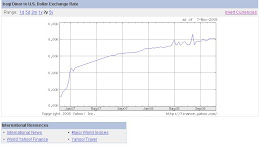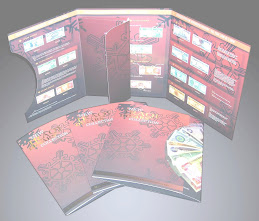The Basra reconstruction and services committee has completed digging nine rivers in al-Salehiya island in the eastern bank of Shatt al-Arab River after eliminating all landmines, the secretary general of the committee said on Monday.
"The total cost of the project is 1.674 billion Iraqi dinars," Tareq al-Moussawi told Aswat al-Iraq - Voices of Iraq - (VOI).
"The project also included opening nine channels, while works underway to set up the required dams," he added.
"A number of farmers, who left their farms, are resolved to return after the project's completion and the prices of the lands in al-Salehiya island soared," al-Moussawi noted.
The Basra reconstruction and services committee was formed under state minister for the parliament affairs, Safaa al-Din al-Safi, and coincided with the launch of Saulet al-Foursan (Knights Assault) security plan last March.
It is assigned to spend $100 million, a grant presented by Prime Minister Nouri al-Maliki to Basra province.
A river channel, about 193 km (120 mi) long, of southeast Iraq formed by the confluence of the Tigris and Euphrates rivers and flowing southeast to the Persian Gulf. The Shatt al Arab forms part of the Iraq-Iran border, and navigation rights to the channel have long been disputed by the two countries.
Basra, 590 km (340 miles) south of the Iraqi capital Baghdad, has an estimated metropolitan population of 2,300,000 in 2008.
Basra is the cradle of the first civilization of Sumer. It has the seven main Iraqi ports. The first built in Islam 14 A.H. (After Hegira), the city played an important role in early Islamic history.
The area surrounding Basra has substantial petroleum resources and many oil wells. The city's oil refinery has a production capacity of about 140,000 barrels per day (bpd).
Basra is in a fertile agricultural region, with major products including rice, maize corn, barley, pearl millet, wheat and dates as well as livestock.
A network of canals flowed through the city, giving it the nickname "The Venice of the Middle East" at least at high tide.
(Voices of Iraq)

